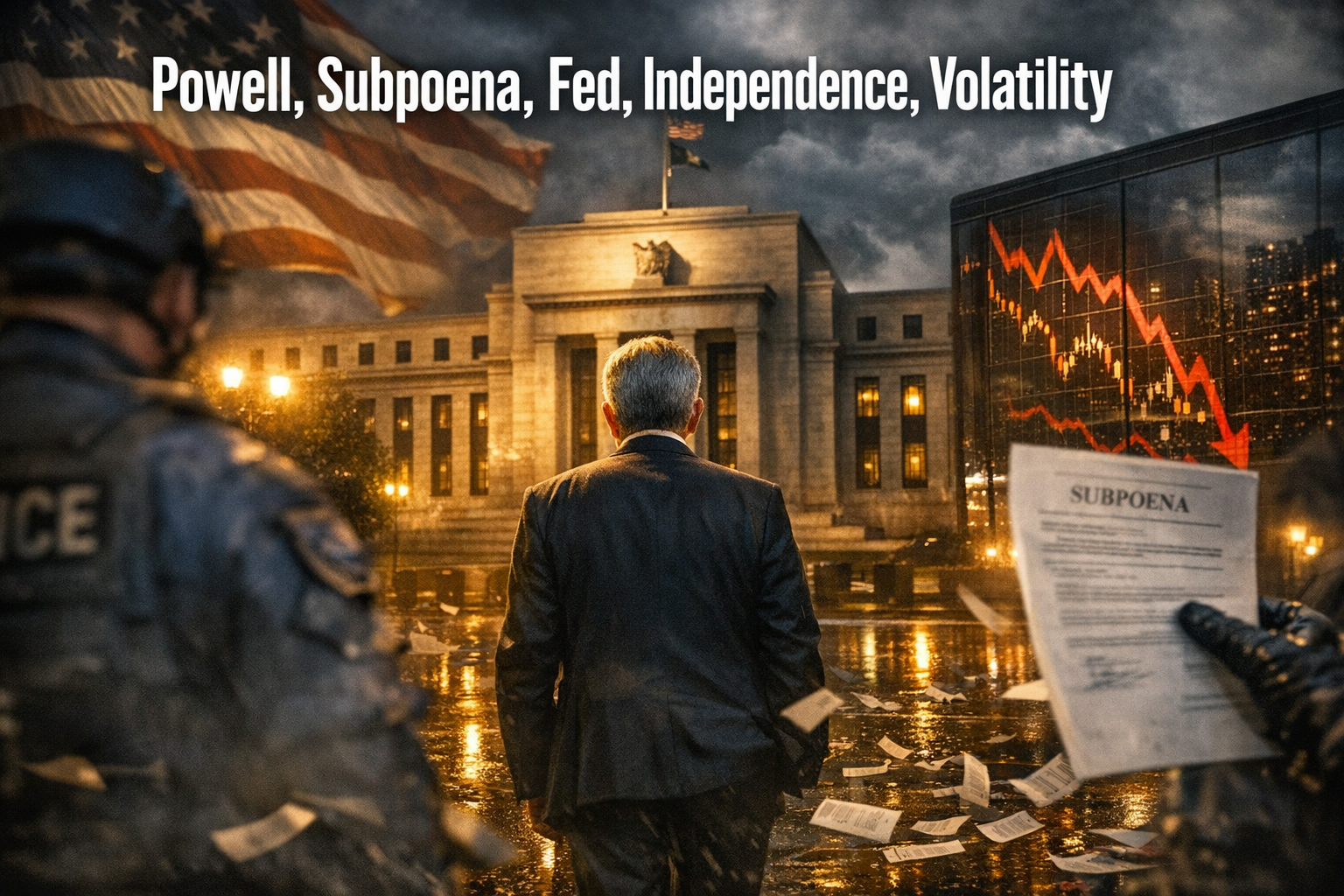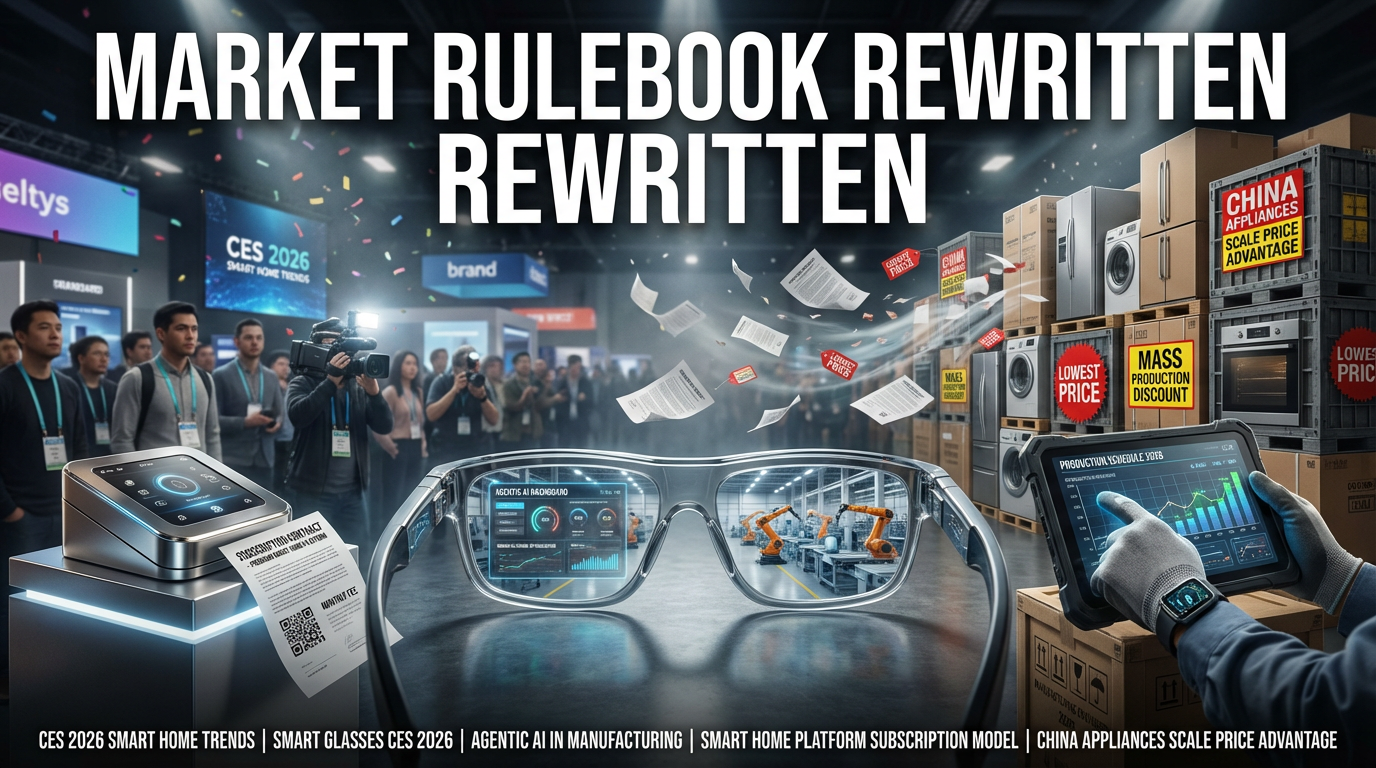● Palantir Plunges
Operating System (OS), the Structure Where the Digital Empire is Completed: From Windows to Palantir
Key Takeaways From This Article
Learn why the operating system (OS) is likened to the completion of a ‘digital empire,’ how it immensely impacts businesses and the economy, the structure and reasons behind the U.S.’s monopoly on the OS market, how Big Tech companies earn money like tribute (taxes) based on OS, and even Palantir’s ‘manufacturing OS’ challenge as the latest global trend, all from various perspectives on the future and economic significance of OS.
This is a fundamental topic about the power structure and market of OS that working professionals interested in IT and the global economy must know.
1. What is an Operating System (OS) and Why is it Important?
– OS is called the ‘Operating System’ and is the core structure for conquering the computer world.
– If a computer is viewed as a country, the OS corresponds to the ‘government’ of that country. It is a system responsible for the efficient connection and operation of hardware (citizens, assets) and software (services, policies).
– Windows, iOS, Android, CUDA, AWS, etc., are typical examples, and if this ‘government’ is superior, all users inevitably have to follow that system.
– A sophisticated governance system is needed for complex hardware and software to operate organically, and modern OS is an intangible asset involving tens of thousands of developers and vast capital.
2. Why Does OS Only Come From U.S. Big Tech Companies?
– The development of OS requires intangible capabilities such as national/corporate philosophy, technology, industry network, and the large-scale acquisition of initial users.
– The network effect, “Only the empire that plants its flag first takes the market,” is strong.
– The U.S. has traditionally had large-scale capital, talent, and an innovative environment in all industries, including IT, hardware, and software, and has preempted all ‘platform empires,’ starting with OS.
3. OS Digital Empire: The Structure of Tribute
– Windows (OS) has dominated the PC usage market and is receiving license fees (tribute) from the entire PC industry.
– Apple iOS and Google Android have dominated the smartphone ecosystem with OS, creating a system where app developers and manufacturers all collect tribute in the form of fees and licenses.
– Amazon AWS and NVIDIA CUDA, such as cloud and AI platforms, are also building their own OS to complete new digital empires.
– Only those with an operating system have secured a powerful source of ‘collecting taxes,’ and as a result, U.S. IT companies have experienced astronomical corporate value growth (stock price, market capitalization).
– The explosive growth of the U.S. stock market since 2008 is also due to the institutional completion of this digital empire.
4. The Future of Palantir’s ‘Manufacturing OS’
– The central axis of Big Tech valuation is shifting from software to hardware + software integrated OS.
– The ‘manufacturing OS’ like Foundry and Warp Speed that Palantir (PLTR) is challenging aims for a massive platform covering inventory, production, logistics, quality, energy, and defense.
– This market alone is a huge scale, accounting for 20-50% of the world’s GDP, and if Palantir creates an empire, it has the potential to grow to the extent of threatening the status of existing Big Tech.
– In fact, despite recent market corrections, Palantir’s stock price has been greatly reflecting expectations betting on the long-term ‘digital empire’ strategy.
5. Direction of Global Economy and OS Market, Investment Insights
– If OS creates an empire (platform monopoly structure), it is possible to predict where the value of future industries will flow.
– ‘OS platformization’ is becoming the most important competitiveness even in the real economic areas such as manufacturing, energy, and logistics.
– Here, the economic keywords of the 4th industrial revolution, such as AI, cloud, big data, and SaaS, are all closely connected to OS.
– The core criterion for future Big Tech investment is ‘In which area can a new OS digital empire be born?’
6. Conclusion: You Need to Grasp the Concept of OS to See the Industry and Future Economic Leadership
– It should be remembered that the operating system (OS) is the epicenter of change, economic dominance, and the center of the digital board where the financial and real sectors meet.
– Depending on who firmly has the OS, the flow of money in the market, the future of companies, and the power of the economy will be drastically different.
– From an investment/industry/economic perspective, we must pay attention to the field to see if new players like Palantir can succeed in building a digital empire.
< Summary >
OS is the completion structure of the digital empire.
U.S. Big Tech companies dominate the market with OS and continue astronomical profits and growth through the ‘tribute system (taxes).’
Palantir is aiming for a new continent called manufacturing OS and is showing the possibility of a new platform empire.
Competition surrounding OS will be the core of global economic hegemony in the future.
[Related Articles…]
- Platform War, Unveiling the Core of Future Leadership
- AI and Economic System: The Birth of a New Governance Structure
*YouTube Source: [이효석아카데미]
– [그냥효] 팔란티어를 이렇게 설명하는 사람은 단언컨데 없을 겁니다

● EU Tariffs – Trump’s Plan, Looming Disaster
2024 Asset Market, Looking Back on Money, Investment Sentiment, and the Global Economy
1. Key Content Covered in This Article
– Economic freedom, the psychological & practical value of ‘money’
– Variables that move the asset market such as real wages, exchange rates, interest rates, and tariffs
– Investor sentiment and empirical investment methods during crises (Fox Trading)
– Core points of asset allocation and risk management strategies
– Exchange rate outlook and responses to global economic variables
2. Money and Happiness, What is Economic Freedom?
Does happiness increase with more money?
Even with a lot, the rate of increase slows down after a certain threshold (Easterlin Paradox)
More conflict factors & additional issues such as inheritance in collectivist cultures like Korea
Money brings real improvement in quality of life, such as outsourcing unwanted tasks and securing time
Economic freedom ultimately allows securing ‘choice’
Mention of empirical papers on the impact of income on trust within the family – money is the basis of trust and stability
3. Investment Perspective: Smell the “Scent” of the Market
Impossible to accurately predict market trends, but feel the ‘scent’ of the investment environment – i.e., signs of opportunity and crisis
Use cash assets for bargain hunting during extreme crises (tariff war, stock market crash, etc.), diversify allocation in normal times
Point = Prepare for various scenarios like a fox, prohibit “all-in”
Fundamentals are sufficiently solid: Regularly check real data such as exchange rates, interest rates, corporate performance, and inflation
Buy at “panic fair value” during market crashes, don’t try to time the bottom – apply aggressive split buying
Investment masters = essential “embodied intuition” through long experience + self-reflection
4. Latest Global Economic Trends and Variables
Rising trend of real wages in the US – growth driven by employment → wages
Improved lending attitudes such as bank delinquency rates and interest margins: Downward pressure on the economy may be reflected in the second half of 2024 to 2025
Trump’s re-election, possibility of tariff bombs and currency wars: Variables of real/financial chain crisis remain
Tariffs → Increased consumer-perceived prices, changes in global capital flows such as pressure on the won to appreciate
The won/dollar exchange rate fluctuates rapidly depending on the interest rate hike/cut momentum, and corporate exchange risk management is necessary
Be aware of information asymmetry and investment sentiment herd behavior in SNS/KakaoTalk rooms, etc.
Rather split buy when “crash” fear is severe, and be thorough in risk management when breaking through highs
5. Asset Allocation and Practical Investment Strategies
Diversification of major asset groups such as cash, stocks, and gold is essential
Establish your own ‘purchase rules’ & quantitative criteria for each crisis
Whenever a big event/news breaks, calmly re-examine the actual fundamentals with data
Actively learn & refer to the actual investment experiences and cases of experts to close the gap (high utilization of books, lectures, etc.)
Investment performance comes from constant observation and flexibility
6. Future Prospects and Response Strategies
Possibility of a surge in external variables due to Trump, the US economy is ‘robust’ in the short term → Variables in the second half of 23-24
The Korean won is expected to experience short-term strength followed by increased volatility according to global variables, with a seesaw market expected for the time being
Constant checking of each country’s central bank policies, US-China tensions, commodity prices, and exchange risks is essential
Individual investors/office workers – emphasize continuous risk diversification rather than ‘one shot’, and ‘observational power’ and ‘smelling’ rather than immersion
Above all, establishing your own investment principles (pre-check psychology, action criteria) is key
< Summary >
Money is not an absolute condition for happiness, but it provides economic freedom and choice.
In moments of crisis, it is more important to capture the scent of the market, that is, opportunity signals, than fear.
In investing, cold diversification and real data checks by scenario are key rather than obsessing over bottoming out.
Closely monitor the latest global economic issues (tariffs, exchange rates, loans, policies, etc.)
For individual investors, thorough risk management and having your own principles are long-term competitiveness.
The key to the 2024 asset market outlook is economic freedom, exchange rates, interest rates, asset allocation, and investment sentiment.
Responding with diversification and practical data during crises is more important than bottoming out in the market.
It is necessary to smell variables such as exchange rate fluctuations, interest rate policies, and tariff wars and use investment strategies by scenario.
Always check real indicators, diversify risk, and learn from expert case studies.
For the 2024 global financial market, from office workers to individual investors, manage your physical strength with ‘Fox Trading’.
[Related Posts…]
- 2024 Interest Rate Hikes and Exchange Rate Impact, Investor Response Strategies
- Realistic Asset Allocation Methods and Market Analysis for Beginners
*YouTube Source: [와이스트릿 – 지식과 자산의 복리효과]
– “6월부터 EU 관세 폭탄” 트럼프의 계획대로 짜여진 판, 곧 무서운 일이 벌어질 겁니다 / 홍춘욱 대표 (풀버전)



